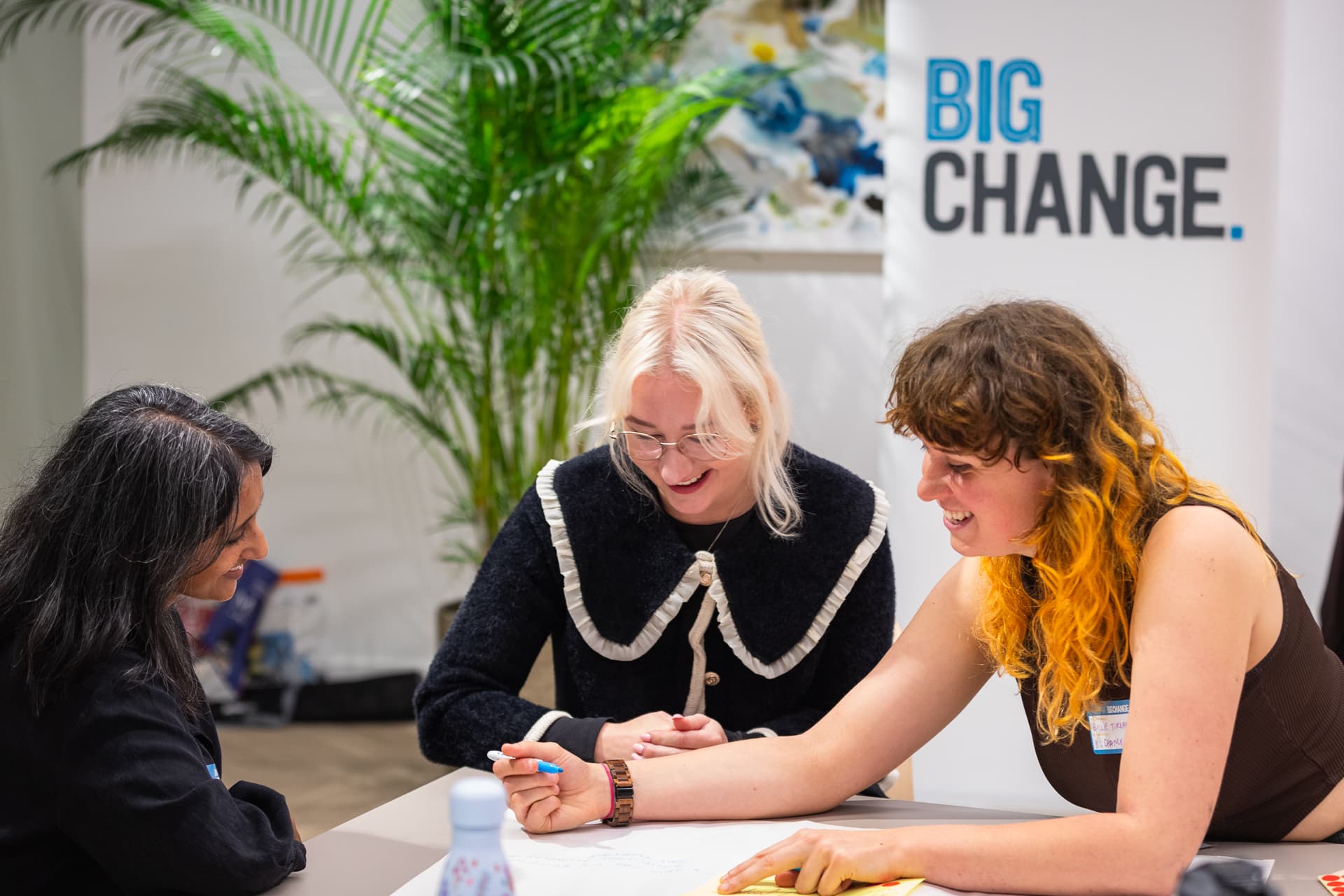
When stepping away helps us step forward
In this personal piece, Big Change CEO Essie North reflects on the fears, questions, and internal shifts that accompanied her decision to take a two-month…
Blog
Read our latest insights, blogs, news, and reports.















Reach out to us at info@big-change.org
We'd love to hear from you!